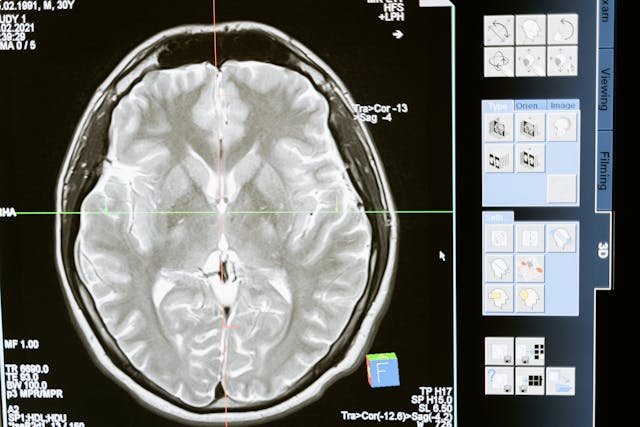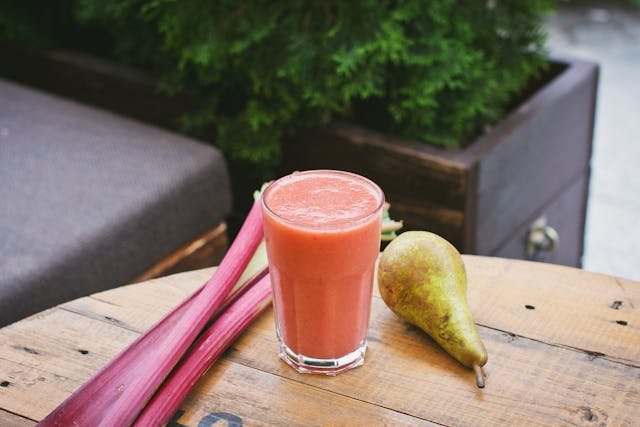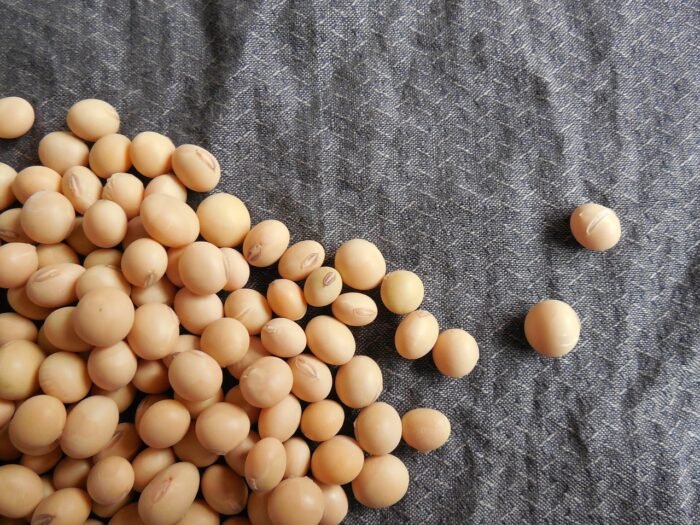Kale is one of the most nutritious and healthy plants in existence. Fully loaded with a wide variety of beneficial compounds, kale is a super healthy green that even has some medicinal properties.
In this article, we’re going to cover the five key reasons you should start integrating more kale into your diet every day.
1) Kale has healing benefits that can help counteract ageing and diseases.
Kale is loaded with strong and powerful antioxidants, which help to counteract oxidative damage. What is oxidative damage? To put it simply, oxidative damage is the leading cause of ageing and several diseases, even cancer.
That’s not all antioxidants can do; certain antioxidants, like flavonoids kaempferol and quercetin, have the power to have heart-protective, anti-inflammatory, anti-cancer, blood pressure-lowering, anti-viral, and anti-depressant effects.
2) It’s incredibly healthy.
To start with, kale only has 33 calories, three grams of protein, and six grams of carbs (two of those six are fibre) in one serving (one cup). Let’s breakdown what else is in that small cup of kale:
- 9% of your daily value of calcium
- 10% of your daily value of copper
- 9% of your daily value of potassium
- 6% of your daily value of magnesium
- 206% of your daily value of vitamin A
- 9% of your daily value of vitamin B6
- 134% of your daily value of vitamin C
- 684% of your daily value of vitamin K
- It also contains 3% or more of your daily value of vitamins B1, B2, and B3 as well as iron and phosphorous
There’s also very little fat in kale. A large portion of the fat that is in it is alpha linolenic-acid, an omega-3 fatty acid.
All of this makes kale one of the most nutrient-dense foods around. The more kale you eat, the more nutrients will be in your diet.
3) Kale is known to help lower cholesterol.
Kale contains bile acid sequestrants, which are known to lower cholesterol. Due to the reduction of cholesterol levels, this could lead to a lower risk of heart disease over time.
According to Healthline, “One study found that drinking kale juice every day for 12 weeks increased HDL (the ‘good’) cholesterol by 27% and lowered LDL levels by 10%, while also improving antioxidant status.”
4) Kale could help you ward off cancer.
Kale is full of compounds that are thought to ward off cancer. Sulforaphane, for example, has been proven to fight the formation of cancer at the molecular level. Indole-3-carbinol is another compound found in kale that is also known to help prevent cancer.
Several studies have shown that cruciferous vegetables, like kale, can significantly lower your risk of multiple cancers. However, it’s important to note that the evidence with humans is mixed.
5) Kale can provide you with much-needed minerals.
Kale is high in some of the most common minerals of which people are deficient. Kale is rich in calcium, magnesium, and potassium and low in oxalate.
These help with bone health, protect you against type 2 diabetes and heart disease, and can help reduce blood pressure and have a lower risk of heart disease. The lower oxalate level helps with nutrient absorption, as oxalate can work to prevent this.
Kale is a nutrient-rich plant that should be a healthy part of everyone’s diet. This dark green is rich in many minerals, vitamins, and nutrients we humans need to be healthy. It’s a very diverse plant and can be cooked a number of ways and can work to prevent many diseases, even cancer.
So, what are you waiting for? Head on down to your local farmers’ market or grocery store and snag you some kale today to start down a path to a healthier you.




